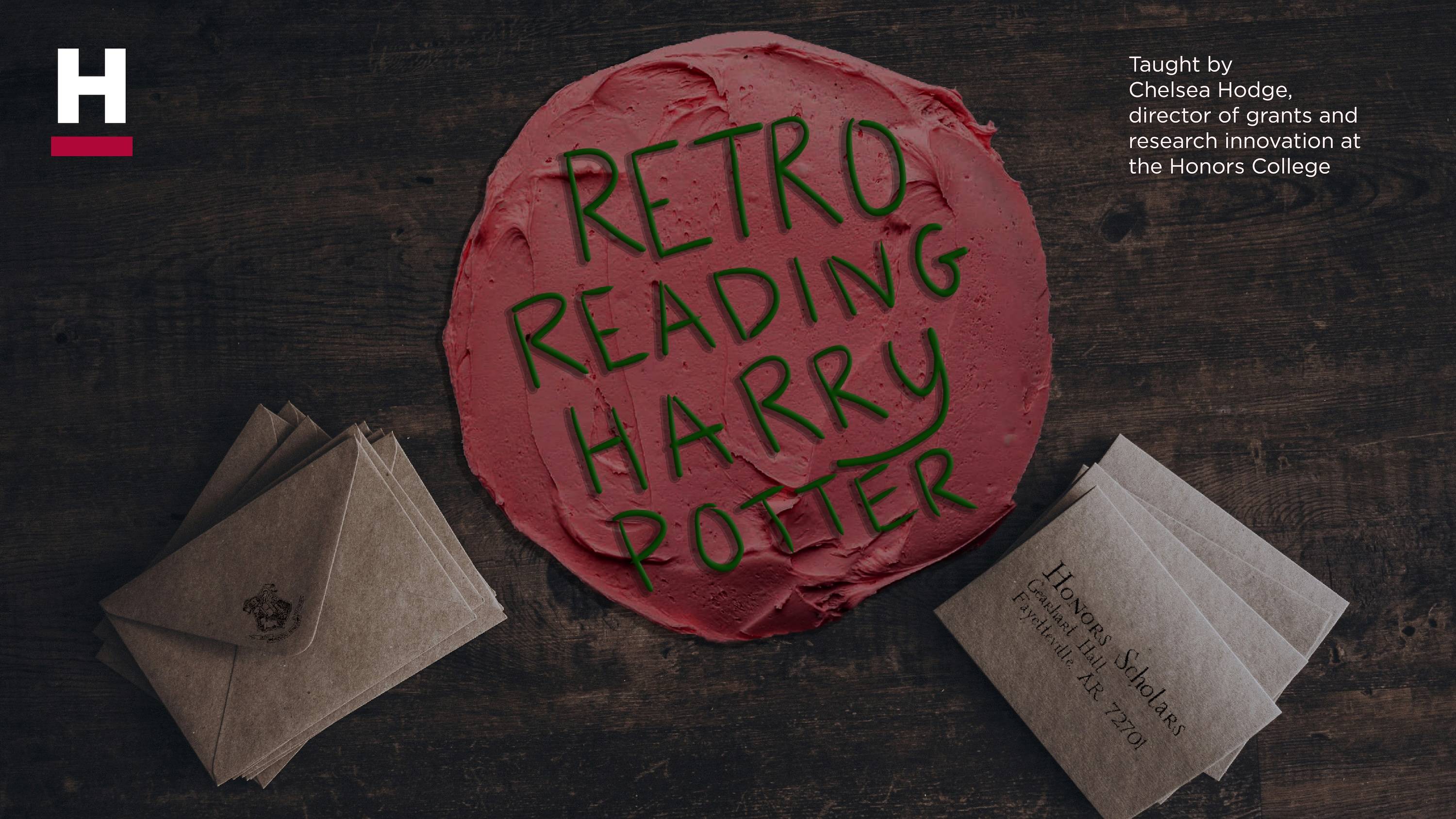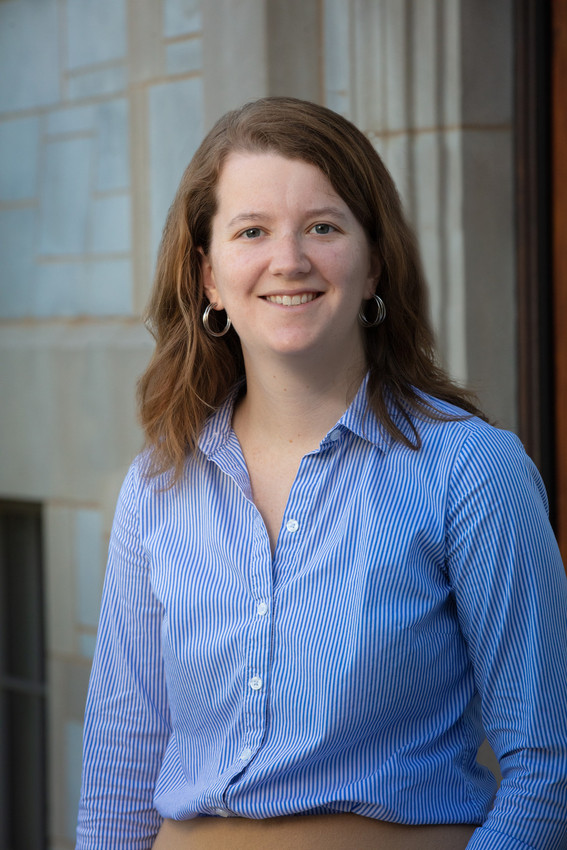Harry Potter

Harry Potter
HNRS 301H1
Chelsea Hodge
Fall 2025
Thursdays 11-12:15 p.m.
GEAR 243
The Harry Potter series is one of the most successful and popular book series in modern times. Despite being dismissed as mere children’s literature by some, the Harry Potter books resonated with an entire generation and their parents. In this class, we will examine Harry Potter as a work of literature, as a cultural touchstone and as a multi-billion-dollar industry. You will be challenged to think about Harry Potter in new ways, touching on the fields of history, gender studies, international relations, political science, and sociology. We will examine all of the things we love about Harry Potter, while also taking a critical look at some of the issues in the text as well as what the text itself – and its reception – tell us about society.
In our literary criticism of the series, we will examine how the books build upon and transform common literary tropes in order to question whether Rowling has produced something new or a reproduction. We will analyze Rowling’s textual treatment of race, class, and gender, and place the books in the historical context of British literature and British colonialism. And we will examine broadly how the books have influenced society and culture in the late 20th century and beyond. For instance, are the books fundamentally progressive or do they reinforce Western cultural norms? How do the books influence readers, and how have readers transformed interpretations of the books through their own influence? Have the meaning and cultural impact of the books changed as they have become increasingly franchised?
Throughout the class, we will discuss J.K. Rowling’s apparent desire to be the sole arbiter of how the books should be interpreted, as well as her personal statements made online regarding the transgender community. Through this discussion we will attempt to answer the question: can an artistic product be separated from its creator? And if it can, should it?
And of course, we will take some time to discuss a few of the most pressing questions for Harry Potter fans: is The Cursed Child canon? What if Voldemort had picked Neville? Dumbledore: hero or villain? Movies: redeemable or pure trash? Which deathly hallow would you choose? What did Dumbledore really see in the Mirror of Erised? And many more!
What's in it for you?
- Explore the world of Harry Potter from a wide variety of both popular and academic perspectives.
- Strengthen your skills in intensive reading, critical thinking and building evidence-based arguments.
- Take the discussion of your favorite book series to new heights and depths with other like-minded individuals.
What's expected of you?
- Students must have previously read the entire series, and detailed knowledge of the books will be helpful.
- Thorough analysis of weekly readings, which will consist of articles and selected passages from the books.
- Active participation in weekly discussion sessions, which will form the central structure of the course.
- A final project in which students can creatively design their own topic and methodology.
About Chelsea Hodge:
 As director of grants and research innovation, Chelsea Hodge helps honors students
explore thesis topics, find research mentors, and search for thesis committee members,
as part of learning about and navigating the research process. In addition, Hodge
administers the Honors College’s research grants and helps coordinate the college’s
extensive study abroad grant program. Her teaching credits include honors sections
of University Perspectives and small-group lab sections of the Honors Humanities Program.
In addition, she single-handedly won a Harry Potter trivia tournament on a cruise,
which she considers to be her most significant achievement to date.
As director of grants and research innovation, Chelsea Hodge helps honors students
explore thesis topics, find research mentors, and search for thesis committee members,
as part of learning about and navigating the research process. In addition, Hodge
administers the Honors College’s research grants and helps coordinate the college’s
extensive study abroad grant program. Her teaching credits include honors sections
of University Perspectives and small-group lab sections of the Honors Humanities Program.
In addition, she single-handedly won a Harry Potter trivia tournament on a cruise,
which she considers to be her most significant achievement to date.
Originally from Berryville, Ark., she was an Honors College Fellow and earned her B.M. in music performance (flute), summa cum laude in 2012. As an undergraduate, Hodge studied abroad in Italy with support from an Honors College study abroad grant. Her honors research focused on music in southern evangelical revivals, an interdisciplinary endeavor that led her to pursue a master’s degree (completed 2014) and a doctoral degree (completed 2020) in history. Her current research examines the role of white, southern Methodist women in issues of race, labor and poverty during the 1920s and 1930s.